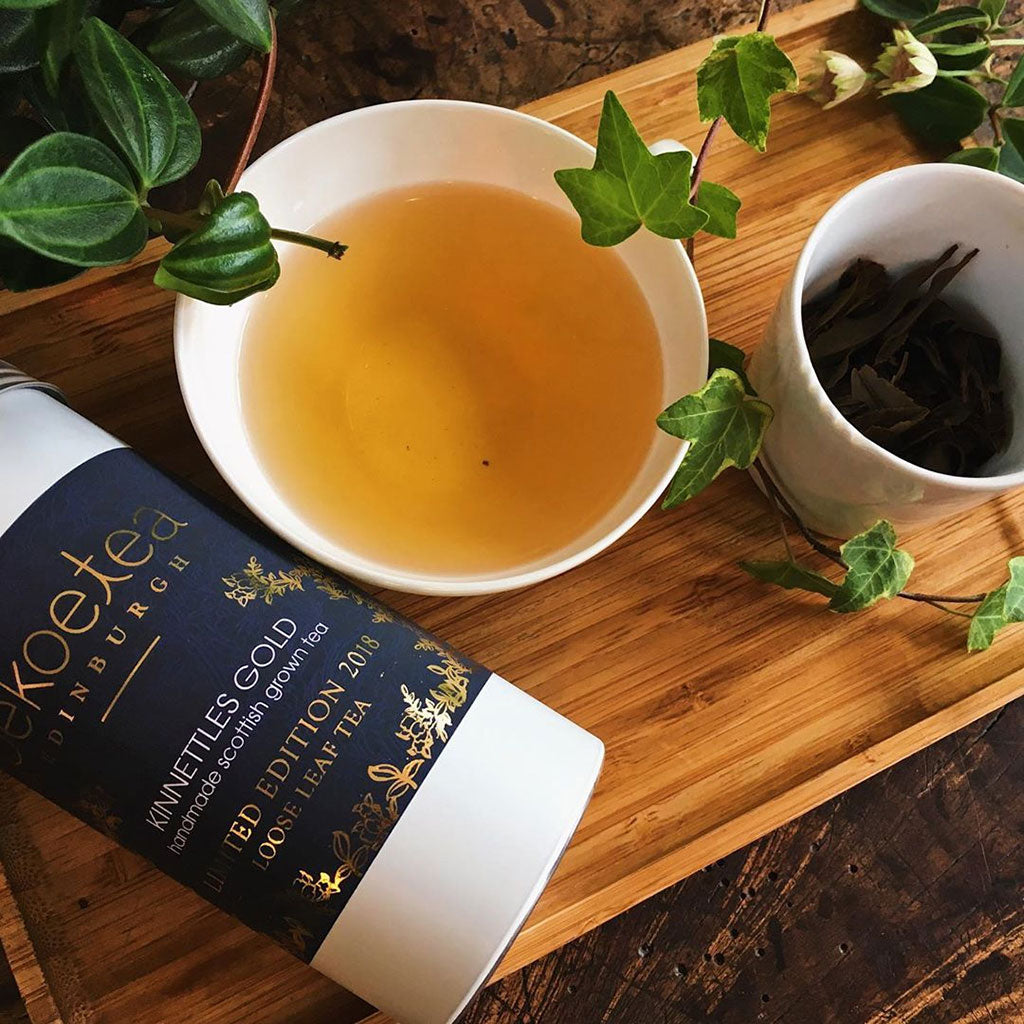Happy World Poetry Day! Today, we want to explore the beautiful relationship between tea and poetry. Tea and poetry have a rich history in China, and countless beautiful poems about tea have been written throughout the centuries. This post will explore one of my favourite Chinese tea poems. So sit back, brew yourself a cup of your favourite tea, and let's celebrate the beauty of words and the comfort of a warm cup of tea.
Su Shi (1037 - 1101) was a Song Dynasty poet, calligrapher, and politician, among other things. He was very influential in his time, and his art work and literature is highly admired and treasured. While exiled to the island of Hainan, he wrote a poem about tea that expresses his calm attitude to his situation while also conveying the experience of brewing and drinking tea. Below is my translation of the poem. I'm neither a poet nor a professional translator, but I've tried to capture my interpretation of the poem and what it means to me.
Drawing Spring Water to Boil Tea
Spring water should be boiled over flaming coals, I go to the fishing rock to collect from the clear deep river.
My ladle scoops the reflected moon into a jar, my spoon siphons the spring into a bottle.
Boiling water rolls snow white tea froth, pour and it roars like a wind through a pine forest.
My barren mind cannot stop at 3 bowls, I sit and listen to the striking of the hour in the desolate town.
In this poem, we experience the process of brewing and drinking tea through rich sensory descriptions that draw on nature to convey the sights and sounds of brewing tea. We almost feel the cool fresh water before it is hung over the fire. We get caught up in the rough sea-like descriptions of the boiling tea. We hear the satisfying sound of hot tea being poured. The poet conjures up images of pine forests and a clear, bright moon.
Tea captures and reflects nature. The altitude of a mountain tea garden, the minerals in the soil, the cool air of spring. All of these contribute to what a tea presents in the cup. At the same time, tea must be brewed by skilfully using implements and tools. Tea is a confluence of natural elements and human skill. Reflecting this, alongside imagery of nature, the poem also mentions the use of jars, bottles, spoons, and scoops to capture the moon and divide a spring. This shows the necessary presence of human artisanship and skill. However, the moon is never really captured, and only a drop of the river is siphoned, just as only a bud and two tender leaves are plucked, leaving the bush itself to continue to thrive. The poem captures the balance between human action and nature that is present in a cup of tea.
Another thing I find interesting about this poem is that we typically associate tea with calm and quiet, but here we see brewing tea compared with rolling water and roaring winds. It reminds us that however still a cup of tea may seem, it is in fact full of life and complexity.
This is an ancient poem that has been admired and interpreted in many ways over the centuries, but this is what stands out to me and why I love this poem.
Original text:
汲江煎茶
活水还须活火烹,自临钓石取深清。
大瓢贮月归春瓮,小杓分江入夜瓶。
雪乳已翻煎处脚,松风忽作泻时声。
枯肠未易禁三碗,坐听荒城长短更。









